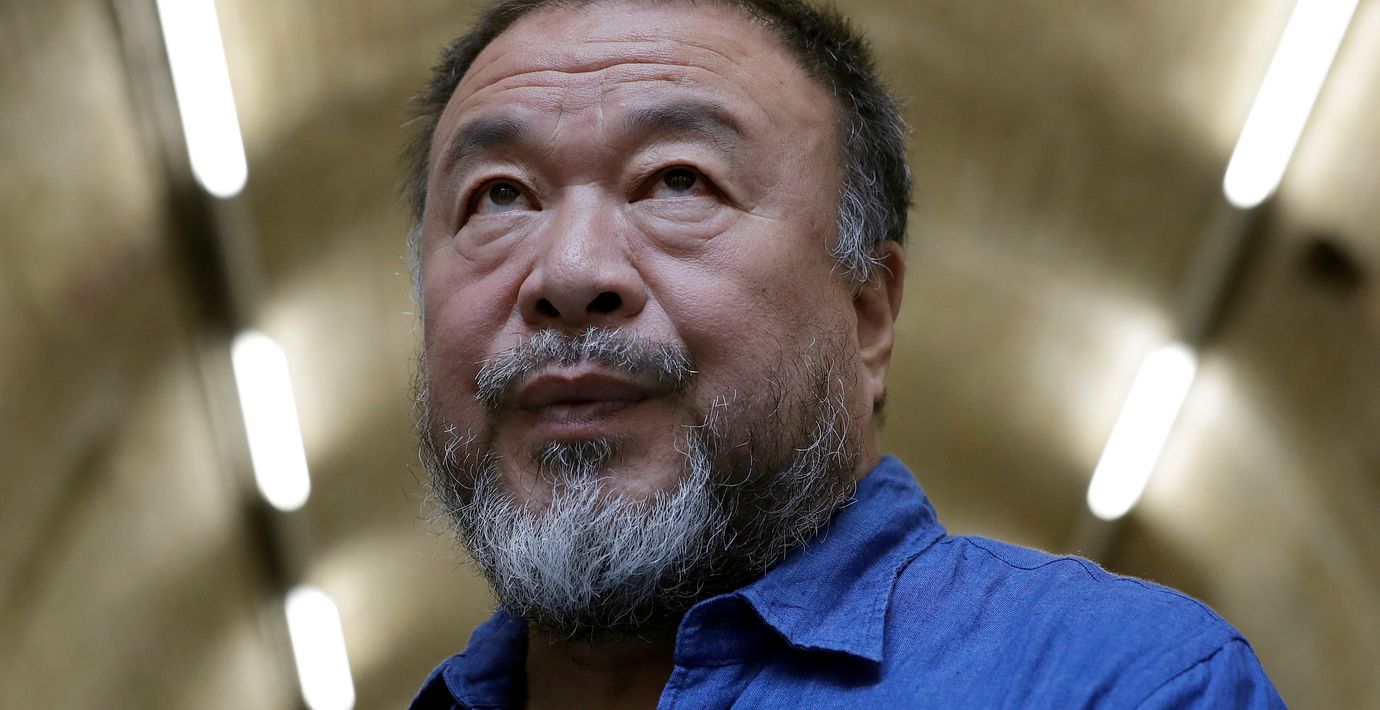
Ai Weiwei manar till att enas: ”Värdigheten i fara”
Den kinesiske konstnären Ai Weiwei varnar för att förföljelse, censur och miljöförstörelse breder ut sig i världen. I en kolumn i The Guardian inför det nya året manar han till enighet.
Han pekar på att det är mer än 200 år sedan begreppet mänskliga rättigheter såg dagens ljus.
”När vi ger upp våra försök att upprätthålla mänsklig värdighet, förkastar vi essensen av vad det innebär att vara en människa, och vi svajar i vår beslutsamhet om de mänskliga rättigheterna, vi överger våra moraliska principer”, skriver han.
Konceptet mänskliga rättigheter måste revideras eftersom världen är mer komplex i dag, konstaterar Ai Weiwei.
bakgrund
Mänskliga rättigheter
Wikipedia (en)
While belief in the sanctity of human life has ancient precedents in many religions of the world, the idea of modern human rights began during the era of renaissance humanism in the early modern period. The European wars of religion and the civil wars of seventeenth-century England gave rise to the philosophy of liberalism and belief in human rights became a central concern of European intellectual culture during the eighteenth-century Age of Enlightenment. These ideas of human rights lay at the core of the American and French Revolutions which occurred toward the end of that century. Democratic evolution through the nineteenth century paved the way for the advent of universal suffrage in the twentieth century. Two world wars led to the creation of the Universal Declaration of Human Rights.
The post-war era saw human rights movements for special interest groups such as feminism and the civil rights of African-Americans. The human rights of members of the Soviet bloc emerged in the 1970s along with workers' rights in the West. The movement quickly jelled as social activism and political rhetoric in many nations put it high on the world agenda. By the 21st century, Moyn has argued, the human rights movement expanded beyond its original anti-totalitarianism to include numerous causes involving humanitarianism and social and economic development in the Developing World.Some notions of righteousness present in ancient law and religion are sometimes retrospectively included under the term "human rights". While Enlightenment philosophers suggest a secular social contract between the rulers and the ruled, ancient traditions derived similar conclusions from notions of divine law, and, in Hellenistic philosophy, natural law.
Omni är politiskt obundna och oberoende. Vi strävar efter att ge fler perspektiv på nyheterna. Har du frågor eller synpunkter kring vår rapportering? Kontakta redaktionen



